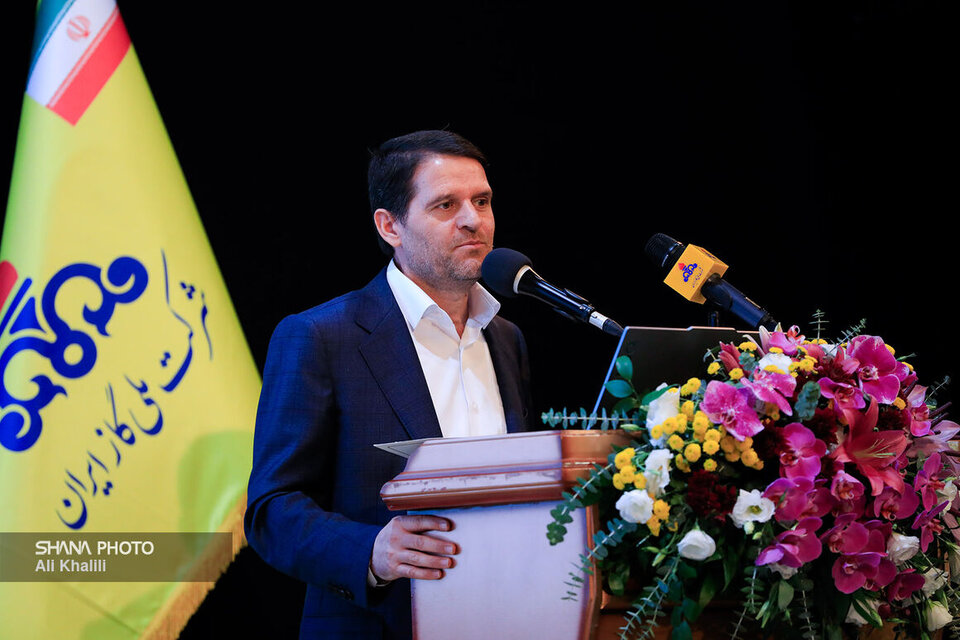Hassan Abbaszadeh, also deputy oil minister, made the remarks at the closing ceremony of a campaign to cut energy consumption by 10%. He praised the role of all stakeholders, particularly the National Iranian Gas Company, in implementing the project, one of 12 initiatives launched by the National Petrochemical Company to optimize energy use.
He said Zagros Petrochemical and Pardis Petrochemical were the main investors in the campaign, adding that despite initial hesitation, they joined the project with trust in the Gas Company. Gas allocation began on the first day, he noted, and efforts were made to ensure the project’s economic viability.
Rising demand for feedstock
Abbaszadeh said the petrochemical sector is on a growth path, with capacity set to rise from the current 96.6 million metric tons to 131.5 million tons by the end of the Seventh Plan.
At the start of the plan, the industry’s gas intake capacity stood at 50 million cubic meters per day for feedstock and 60 million cubic meters for fuel, he said. By the end of the plan, those figures will climb to 80 million cubic meters each, meaning the sector will require 160 million cubic meters of gas daily.
Currently, about 22% of the industry’s capacity is idle, largely due to feedstock shortages, representing $18 billion in dormant investments, he said.
Upstream investment, flare gas collection
To address feedstock supply, the Oil Ministry has formed a special committee, Abbaszadeh said. Under a Cabinet decree, petrochemical companies investing in upstream oil and gas will receive full gas allocation. The first private-sector contract for gas field development under this framework will soon be finalized.
He added that flare gas recovery is another key source of feedstock. So far, 10 flares have been extinguished by Bidboland Persian Gulf Co. in East Karoun, while others were eliminated with the launch of NGL 3100. By year’s end, 21 million cubic meters of gas from flare recovery will be added to the production cycle.
Energy savings and public awareness also play a role, Abbaszadeh said, noting that reduced household consumption frees up gas for value-added industries such as petrochemicals and steel.
Renewable energy, social responsibility
The company has also launched renewable energy projects, he said. This year, petrochemical plants generated 100 megawatts of power from wind and solar. Wind turbines are being installed in Sistan and Baluchestan to secure sustainable energy.
Abbaszadeh stressed the efficiency of private-sector participation, saying it delivers projects faster, at lower cost, and with strong performance in global markets.
On corporate social responsibility, he said the president has tasked the petrochemical industry with focusing on schools. Talks are underway to expand connectivity and integrate schools into educational and communications networks.


Your Comment